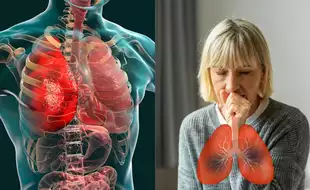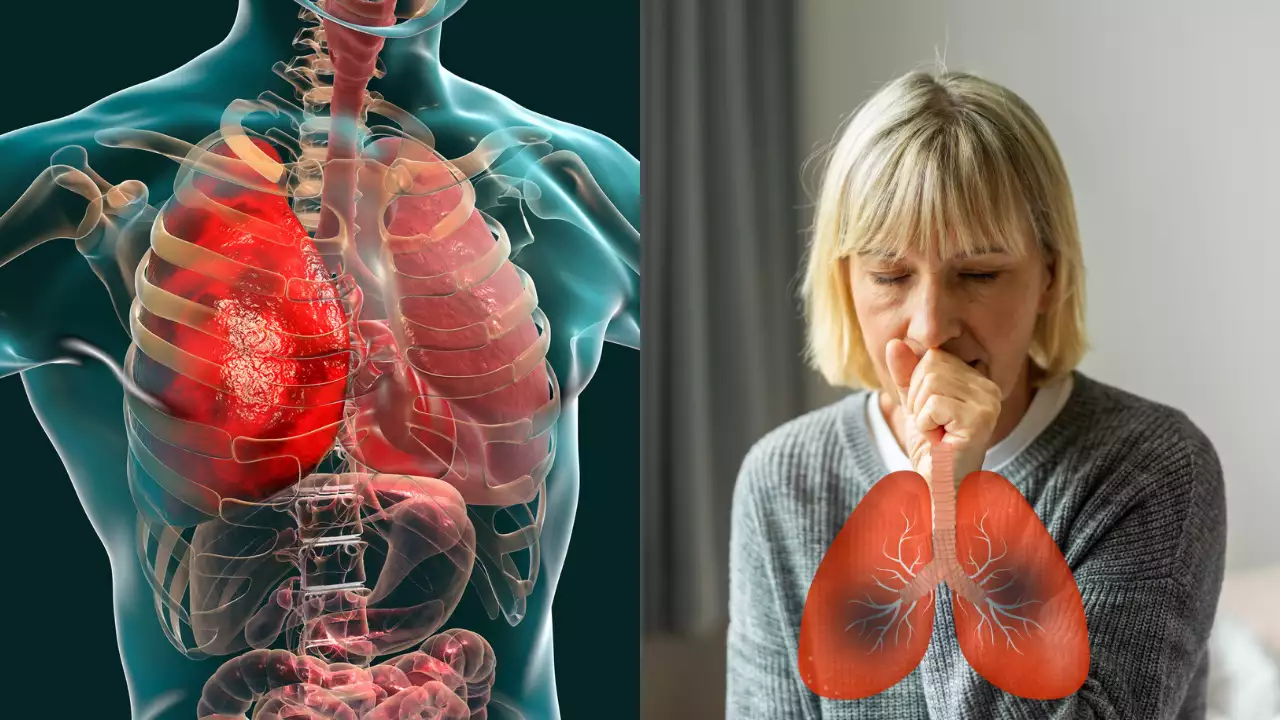When it comes to respiratory health, bronchitis and pneumonia are often confused due to overlapping symptoms such as persistent coughing, shortness of breath, and fatigue. However, as Dr Harish Bhatia, Founder of Rebreathe Clinic, Chest Specialist and Physician at Apollo Hospital, explains, these conditions differ significantly in their causes, severity, and treatments. Understanding these differences is essential for timely and effective care.
What is Bronchitis?
“Bronchitis refers to the inflammation of the airway passages that transport oxygen to and from the lungs,” says Dr Bhatia. The condition can manifest as either acute or chronic bronchitis.
Acute Bronchitis: Typically caused by viral infections, acute bronchitis presents flu-like symptoms such as sputum-filled cough, mild fever, and chest tightness.
Chronic Bronchitis: Dr Bhatia says that this form results from prolonged irritation of the bronchial tubes, often due to smoking or exposure to pollutants. Chronic bronchitis is marked by persistent coughing, shortness of breath, and recurrent episodes.
Treatment for Bronchitis
Dr Bhatia says that treatment varies depending on the type. Adequate rest, hydration, and anti-inflammatory medications are usually sufficient for acute bronchitis. “If the cause is bacterial, antibiotics may be required,” he advises. Inhalers are often recommended for patients with wheezing, as they help in bronchodilation. For chronic bronchitis, “avoiding smoking, including passive smoking, is crucial,” says Dr Bhatia. Long-term management may include pulmonary rehabilitation and medication to ease symptoms.
Understanding Pneumonia
Pneumonia, on the other hand, involves inflammation of the lung’s air sacs (alveoli) due to infections caused by bacteria, viruses, or fungi. “It is a more serious condition that can become life-threatening, especially when the alveoli fill with pus or mucus,” says Dr Bhatia.
Key Symptoms of Pneumonia:
- Persistent cough
- Low-grade fever
- Chest heaviness
- Bluish discolouration of lips and nails, indicating oxygen deprivation
Treatment for Pneumonia
Treatment for pneumonia depends on the underlying cause:
Mild Cases: Antibiotics, antivirals, or antifungals, depending on the type of pathogen.
Severe Cases: “Patients may require oxygen support or hospitalization for close monitoring,” says Dr Bhatia.
When Should You Seek Medical Help?
Dr Bhatia recommends consulting a healthcare professional if any of the following symptoms occur:
- A cough lasting more than three weeks
- High-grade fever
- Chest heaviness or pain
- Shortness of breath with minimal exertion
- Mucus with blood stains
-
Bluish nails or lips
“These warning signs indicate that the condition may be progressing or becoming severe,” he cautions.
While bronchitis is generally less severe and often resolves with minimal intervention, pneumonia can lead to life-threatening complications if not treated promptly. “The two conditions share some similarities but differ significantly in their causative factors, treatment strategies, and potential outcomes,” explains Dr Bhatia.
Get Latest News Live on Times Now along with Breaking News and Top Headlines from Health and around the world.

